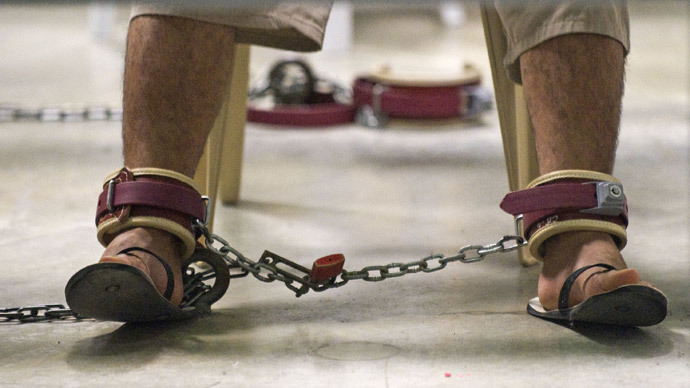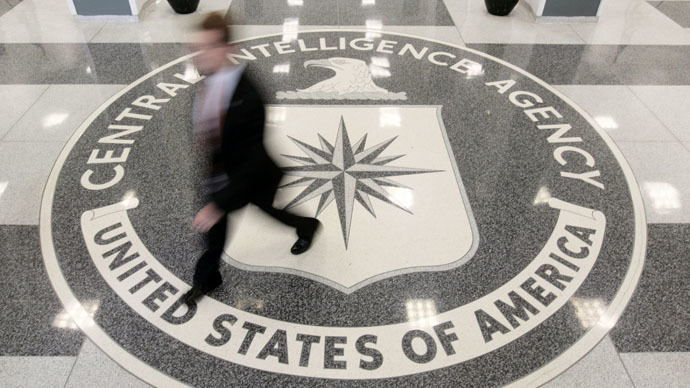'Enhanced interrogation' program was flawed, US Senate & CIA agree

While the Senate Intelligence Committee and the CIA split hairs over a number of issues, including the effectiveness of obtaining reliable information through the use of torture, both sides agreed the enhanced interrogation program was mismanaged.
From forcing suspected terrorists into coffin-sized confinement boxes for many hours at a time, to not knowing the exact number of detainees being held at one facility, the 525-page Intelligence summary – a program in itself that took five years to compile at a cost of $40 million dollars - contains its share of stunning gems the CIA would have preferred never reached the light of day.
READ MORE:CIA chief challenges torture report claims, defends Bush-era tactics
The Intelligence Committee’s conclusion on the CIA’s
now-terminated torture program said it was “flawed”
throughout its duration, AP reported.
One of the many incidences of gross negligence detailed in the
Senate report involves the incredible case of Khalid al-Masri, a
Lebanese national residing in Germany who was mistaken as a
terrorist, seized by Macedonian agents, and handed over to US
officials in 2003.
Al-Masri’s months-long nightmare began as he was flown to what
has been described as a dungeon in Afghanistan known as the ‘Salt
Pit’. There, he endured torture at the hands of his captors until
he was released on the side of an Albanian road in April 2004.
According to the report, the al-Masri case was one of numerous
examples where "officers at CIA headquarters continued to
fail to properly monitor justifications for the capture and
detention of detainees."
On this point, the CIA agreed with the Intelligence Committee,
saying the erroneous detentions "remain a blemish on CIA's
record of interpreting and working within its terrorism
authorities."
But the CIA questioned the Senate's numbers, saying that several
detainees mentioned in the report did not fall under the CIA's
authority.

The Intelligence Commission report also revealed how the CIA
wrongly detained at least 26 prisoners, as well as failing to
account for 44 detainees held in an unidentified overseas
facility.
In the CIA’s official response to the report, it delivered a rare
acknowledgement of errors, saying "the agency made serious
missteps in the management and operation of the program."
However, it also attempted to gloss over the mismanagement of the
torture program by saying it had corrected many of the problems
before former President George W. Bush publicly admitted to the
existence of ‘black site’ prisons - the exact location of which
have never been publicly disclosed.
The Intelligence Committee's chairwoman, Senator Dianne
Feinstein, said the report should ensure that “coercive
interrogation practices are not used by our government
again."
The CIA, however, seems to have left its options open as to
whether “enhanced interrogation” would continue in some
different form in the future.
"We are not contemplating at all getting back into the
detention program," CIA Director John Brennan said at a
recent news conference, adding ambiguously that the intelligence
agency would "defer to the policymakers."
Following the report’s December 9 release, the Central
Intelligence Agency defended its torture program, arguing that it
handled its task as best as could be expected considering that
the United States entered “uncharted territory”
following the terror attacks of September 11, 2001.
READ MORE:'I'd do it again!' Cheney defends CIA torture, calls interrogators heroes
“We had little experience housing detainees, and precious few
of our officers were trained interrogators," Brennan said of
the CIA’s actions. “But the president authorized the effort
six days after 9/11, and it was our job to carry it out.”
Later, one of the fiercest advocates of the CIA torture program,
former Vice-President Dick Cheney, attracted a storm of criticism when he told Meet the
Press’s Chuck Todd that he’d resort to the use of torture
“again in a minute.”












